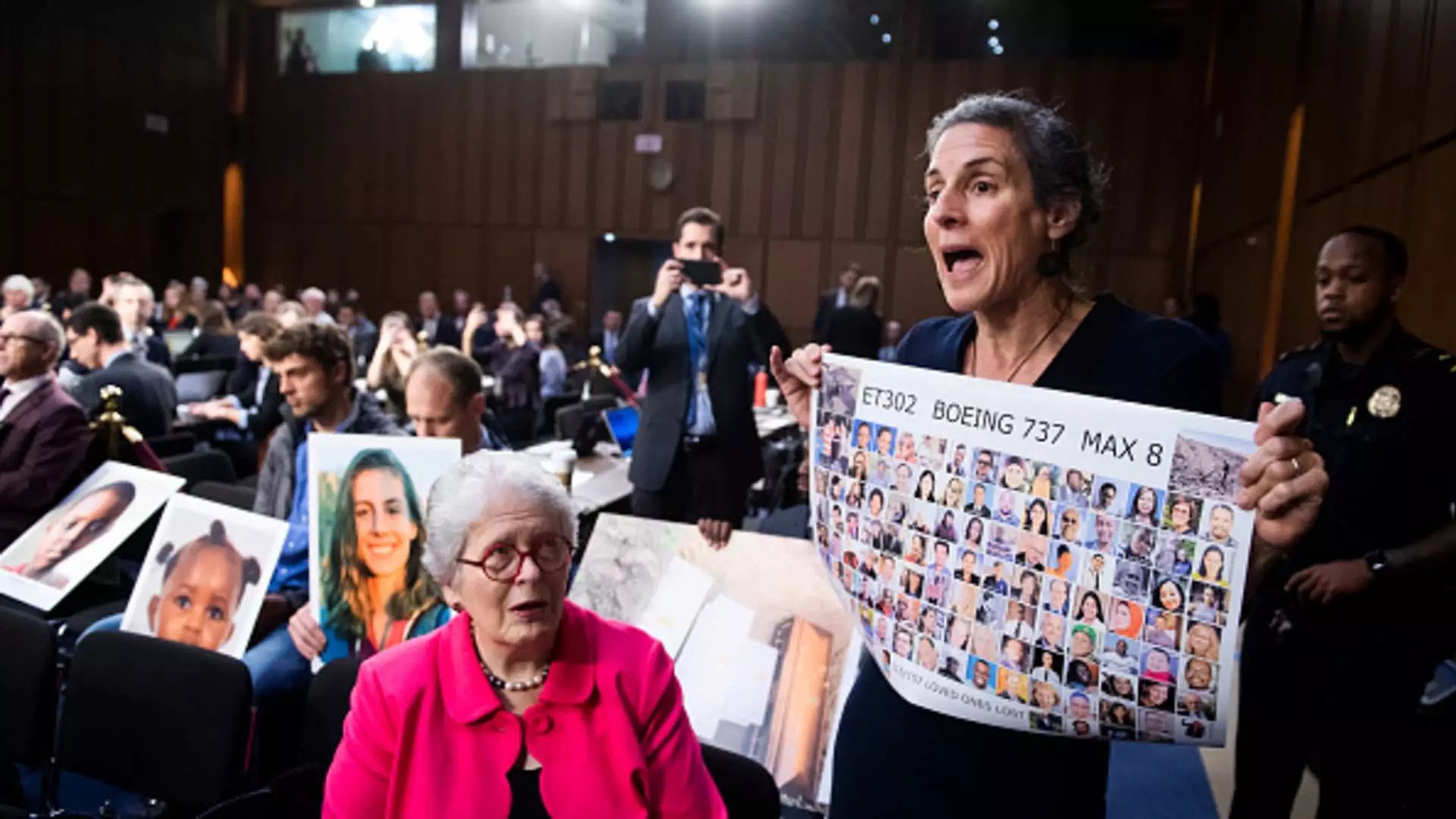Boeing, one of the world’s most recognized aerospace manufacturers, has found itself entangled in legal troubles following two catastrophic crashes involving its 737 Max aircraft. The subsequent investigation revealed that the company had misled regulatory authorities regarding critical flight-control systems linked to these incidents. The resulting scrutiny of Boeing culminated in a plea deal intended to mitigate the consequences of their actions. However, a recent federal court ruling has brought this arrangement into question, raising significant concerns about how justice is being served in this high-stakes situation.
On a pivotal Thursday, U.S. District Judge Reed O’Connor rejected Boeing’s plea deal, centering his concerns on the potential influence of diversity, equity, and inclusion (DEI) policies in the selection of a government-appointed monitor—a stipulation within the proposed agreement. Judge O’Connor’s skepticism regarding the government’s ability to choose a competent monitor without bias on the grounds of race illuminates a broader tension between the pursuit of justice and the principles of DEI. In his ruling, he underscored the necessity for public confidence in this appointment, stressing that such processes must be rooted in meritocracy rather than a race-based framework.
This judgment raises questions about the intricate web of corporate responsibility, regulatory oversight, and the ethical implications of plea agreements. The court’s decision reflects a deep desire for transparency and legitimacy in the justice system, particularly in cases that affect public safety.
The Broader Context of Boeing’s Legal Challenges
This legal battle traces back to two devastating accidents: the Lion Air crash in October 2018 and the Ethiopian Airlines tragedy in March 2019, which together claimed the lives of 346 individuals. The revelations surrounding Boeing’s misconduct have sparked outrage among victims’ families and the public, who perceive the plea deal as a form of leniency for a corporation whose negligence led to unimaginable loss.
Earlier in the year, Boeing had acknowledged its guilt for conspiring to defraud the U.S. government by misleading regulators about safety features. This admission not only highlights the severity of Boeing’s actions but also ties into ongoing debates about accountability in large corporations. Many view the initial plea agreement as a “sweetheart deal,” insufficient in addressing the enormity of the crimes committed, further exacerbating public distrust in corporate governance.
The families of those lost in the 737 Max accidents have long voiced their dissatisfaction with the legal proceedings surrounding Boeing. Their criticism emphasizes a need for more significant input into how justice is claimed in cases that have had such devastating consequences. Erin Applebaum, an attorney representing a victim’s family, articulated the sentiment of many when she advocated for a renegotiation of the plea deal, calling for terms that genuinely reflect the weight of Boeing’s actions.
This reaction underscores a broader cultural demand for accountability, not just in Boeing’s case but in corporate America as a whole. It reflects a growing concern about how leniency in the legal system can undermine public trust and safety.
The Path Forward: Negotiation and Accountability
Moving forward, the federal court has tasked both Boeing and the U.S. Department of Justice with reevaluating their approach to the plea deal. With a potential fine of up to $487.2 million on the table, and the possibility of halving that amount due to prior agreements, both parties face the challenge of addressing public concerns while also maintaining the efficacy of corporate accountability efforts. Judge O’Connor’s request for clarity regarding Boeing’s actions complicates this process, suggesting that the path to resolving this case will require substantial negotiation.
The situation serves as a critical reminder of the need for transparency and sensibility in the interaction between corporations and regulatory frameworks. Ultimately, the outcome of this legal battle will likely set precedents affecting both corporate practices in risk management and the accountability mechanisms of regulatory bodies in the future.
As Boeing grapples with the implications of its legal setbacks, the echoes of tragedy resonate through the lives of victims’ families left behind. The rejection of the plea deal by Judge O’Connor marks a critical inflection point in the ongoing struggle for accountability in corporate governance. It also raises fundamental questions about how justice should balance the interests of a corporation against the very real suffering of individuals. In an era where corporate entities hold immense power, the pursuit of genuine accountability remains an essential quest for society as a whole.

Leave a Reply